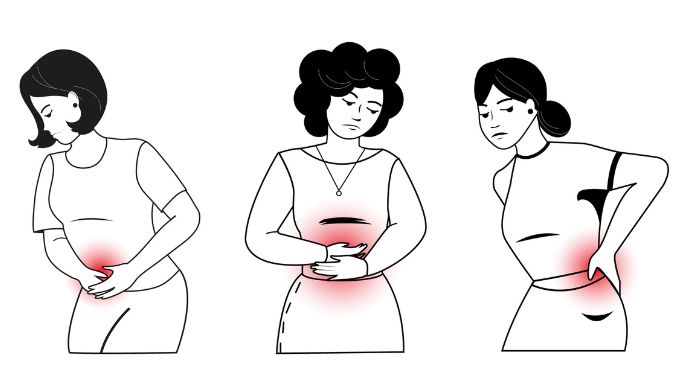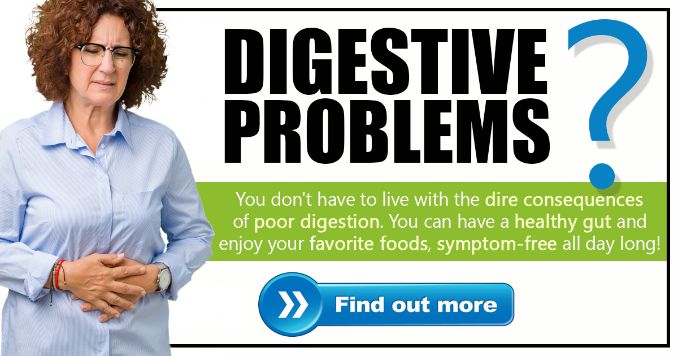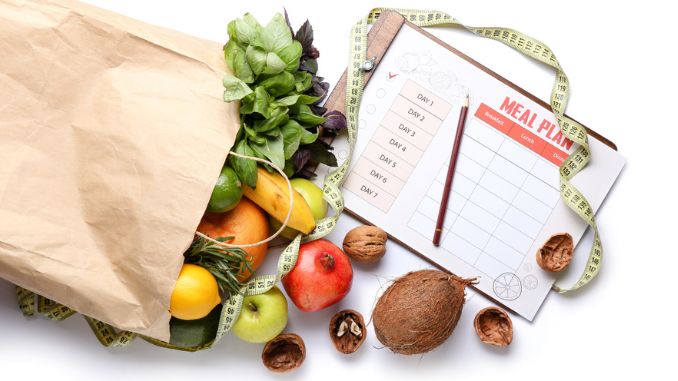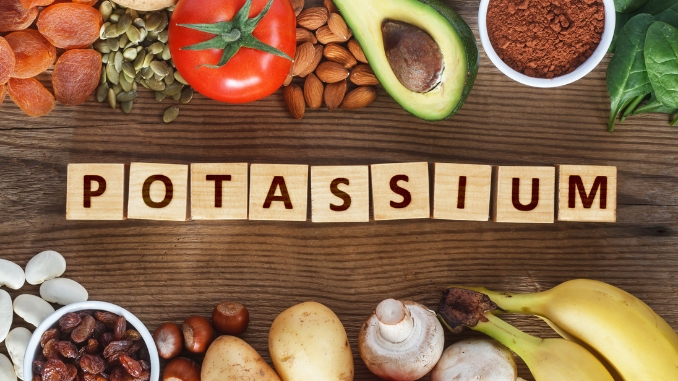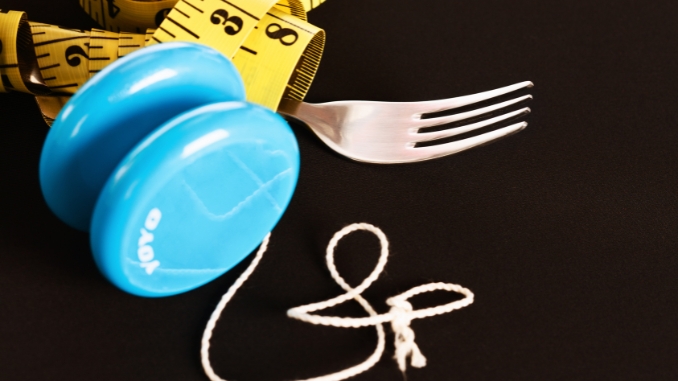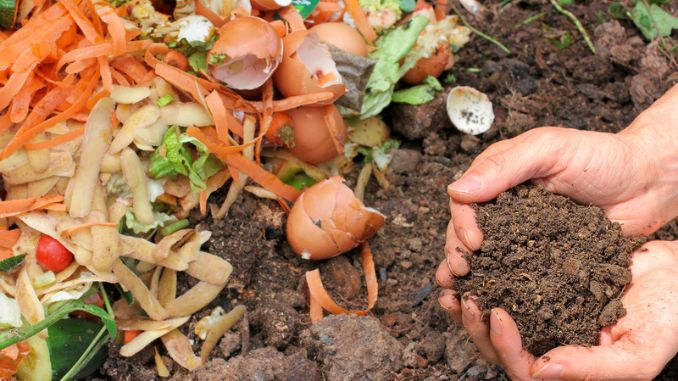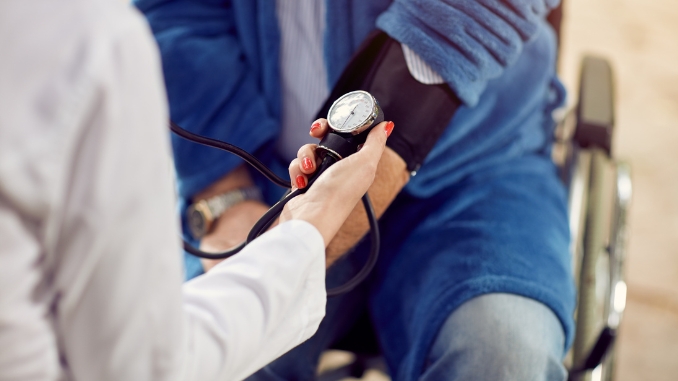I’ve realized that constipation and back pain are often more connected than most people think. Once I started paying closer attention to my bowel movements, I noticed how my digestive system was out of sync and affected my back.It turns out that when things aren’t moving properly through the digestive tract, the pressure builds and can even reach the spinal cord, causing that familiar back pain. Understanding how bowel habits are tied to both the digestive system and the spinal cord changed how I approached my health. It’s surprising, but constipation can even lead to more serious issues like digestive and kidney diseases if left unchecked.Recognizing this link helped me take better care of both my digestion and my back pain, and it’s made a huge difference in how I feel overall. I’ve realized that constipation and back pain are often more connected than most people think. Once I started paying closer attention to my bowel movements, I noticed how my digestive system was out of sync and affected my back. It turns out that when things aren’t moving properly through the digestive tract, the pressure builds and can even reach the spinal cord, causing that familiar back pain.
Moreover, understanding how bowel habits are tied to both the digestive system and the spinal cord changed how I approached my health. It’s surprising, but constipation can even lead to more serious issues like digestive and kidney diseases if left unchecked. Recognizing this link helped me take better care of both my digestion and my back pain, and it’s made a huge difference in how I feel overall.
So, What Exactly is Constipation?
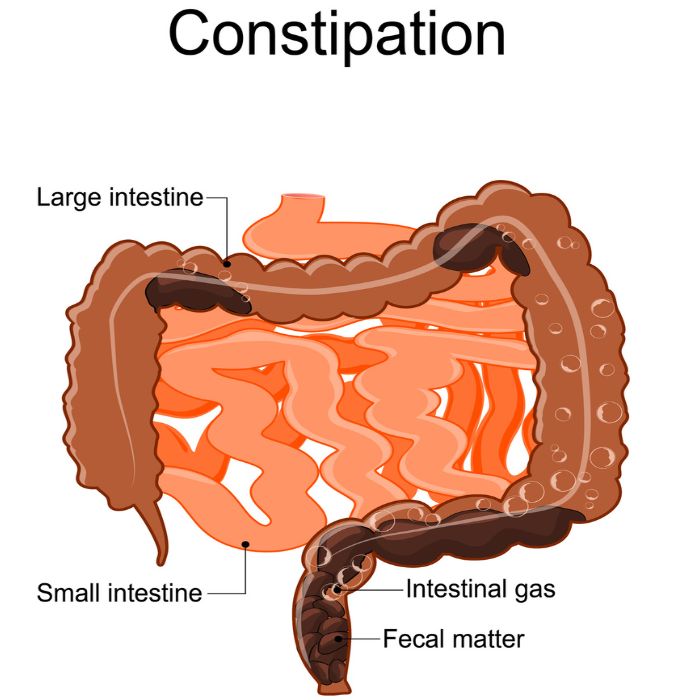
Constipation happens when you have fewer than three bowel movements weekly and stools are hard to pass. It’s usually caused by insufficient water, fiber, or physical activity, which slows down your digestion and leads to discomfort. Constipation is a common but complex disorder impacting quality of life. Constipation can lead to back pain and abdominal pain [¹] due to pressure.
The Link Between Constipation and Back Pain
In my experience, my constipation often leads to lower back pain. This was explained in the book that I read, it says that as stool builds up, it puts pressure on the gut, which can even affect the nerves in the lower back. This caused anything from a mild ache to serious discomfort.
Why It Happens?
When you’re constipated, your intestines can swell, putting pressure on the spinal nerves. That’s how a blocked-up gut can lead to unexpected back pain. It has many causes, including slow movement in the colon, genetics, lifestyle habits (like lack of fiber or exercise), and stress.
Conditions That Cause Both Issues
IBS (Irritable bowel syndrome): Causes both constipation and back pain.Pregnancy: Hormonal changes and a growing baby can lead to both.Spinal cord injury: Nerve damage can cause both.Inflammatory Bowel Disease: Inflammation leads to both constipation and back pain.
Constipation and Back Pain Symptoms
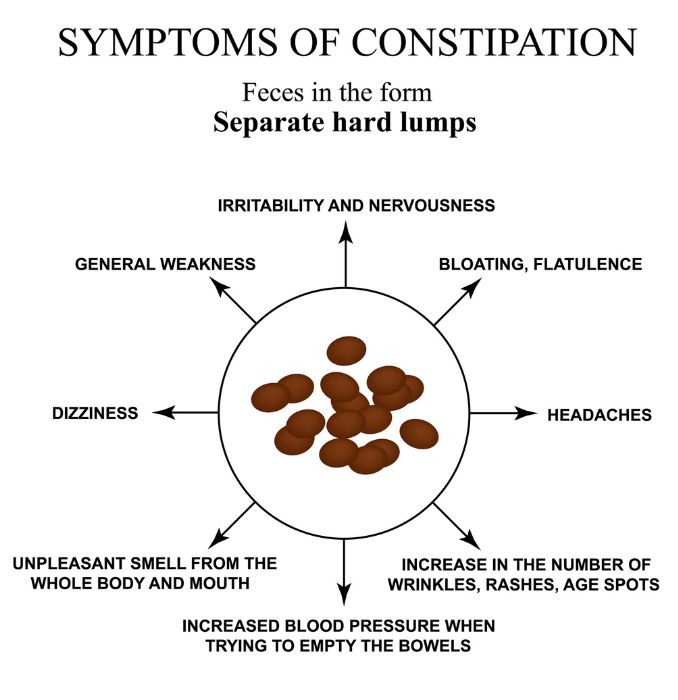
A. Constipation Symptoms:
Infrequent bowel movements (fewer than three per week)Feces in the form of separate hard lumpsIrritability and nervousnessBloating, flatulenceGeneral weaknessDizzinessHeadachesUnpleasant smell from the whole body and mouthIncrease in the number of wrinkles, rashes, age spotsIncreased blood pressure when trying to empty the bowels
B. Back Pain Symptoms:
Varies from a dull ache to severe discomfort
Treating constipation [²] not only helps alleviate these symptoms but also reduces back pain.
C. Treatment options include:
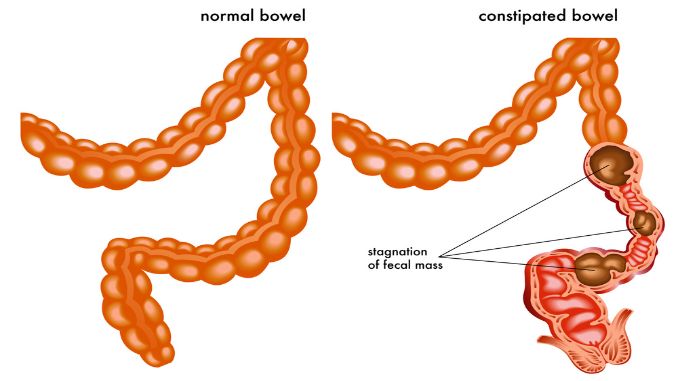 Laxatives: These increase stool water content, easing its passage.”Chronic constipation [³] leads to at least 8 million doctor visits each year in the U.S., and people spend a lot of money on tests and laxatives, both prescribed and over-the-counter.” – Dr. Arnold WalSecretagogues: Enhance digestive secretion and motility.Serotoninergic agonists: Stimulate digestive secretion and movement.Other agents: Include probiotics, opioid antagonists, and newer drugs targeting specific digestive mechanisms.
Laxatives: These increase stool water content, easing its passage.”Chronic constipation [³] leads to at least 8 million doctor visits each year in the U.S., and people spend a lot of money on tests and laxatives, both prescribed and over-the-counter.” – Dr. Arnold WalSecretagogues: Enhance digestive secretion and motility.Serotoninergic agonists: Stimulate digestive secretion and movement.Other agents: Include probiotics, opioid antagonists, and newer drugs targeting specific digestive mechanisms.
Foods That Can Naturally Relieve Constipation
Here are some foods I've found that help ease constipation naturally:
1. Fiber-Rich Fruits:
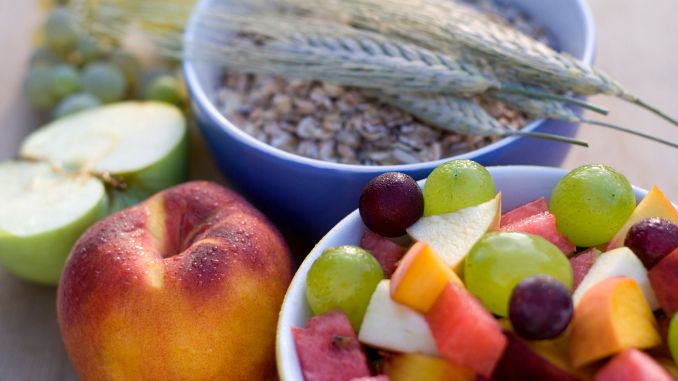 Apples (with skin)Pears (with skin)Berries (such as raspberries, strawberries, and blackberries)Prunes and prune juiceFigs
Apples (with skin)Pears (with skin)Berries (such as raspberries, strawberries, and blackberries)Prunes and prune juiceFigs
2. Vegetables:
 BroccoliBrussels sproutsCarrotsSweet potatoes (with skin)Green peas
BroccoliBrussels sproutsCarrotsSweet potatoes (with skin)Green peas
3. Legumes:
LentilsBlack beansChickpeasKidney beans
4. Whole Grains:
 OatmealBarleyBrown riceWhole wheat breadQuinoa
OatmealBarleyBrown riceWhole wheat breadQuinoa
5. Nuts and Seeds:
Chia seedsFlaxseeds (ground)AlmondsWalnuts
6. Fluids:
 WaterHerbal teas, such as peppermint or ginger teaClear broths
WaterHerbal teas, such as peppermint or ginger teaClear broths
7. Probiotic Fluids:
YogurtKefirSauerkrautKimchi
Conclusion
Constipation can cause back pain, and the key is a balanced approach of staying active, eating fiber-rich foods, and drinking lots of water. This simple routine has helped me manage both issues and feel better.
Struggling with back pain and constipation? Discover the surprising link between these two common issues and learn how to find relief fast. Check out our 14-Day Digestive Health Quick Start Program to start your journey to better health today!
Frequently Asked Questions
How do I know if my back pain is bowel-related?
You might suspect your back pain is bowel-related if you’re also having trouble with digestion, like constipation, bloating, or irregular bowel movement. The pain may feel worse after eating or during times of digestive discomfort. If you notice both back pain and digestive issues happening together, it could indicate that your bowels are involved. If this keeps happening, it’s a good idea to talk to a doctor to figure out what’s happening.
Where is constipation pain located?
Constipation pain is usually felt in the lower abdomen, but it can also cause discomfort in the lower back. The pain might feel like cramping, bloating, or a general sense of pressure. In more severe cases, the pain can spread to the back as the buildup of stool puts pressure on surrounding areas.
When should you see a doctor about your constipation or back pain?
See a doctor if your constipation or back pain is severe, persists for more than a week, or if you experience other concerning symptoms.

Rick Kaselj MS, is a leading kinesiologist and injury specialist as well as co-creator of the best-selling Unlock Your Hip Flexors program. Rick creates exercise programs that help people heal injuries and eliminate pain, so they can go back to living a full, active, healthy life.

